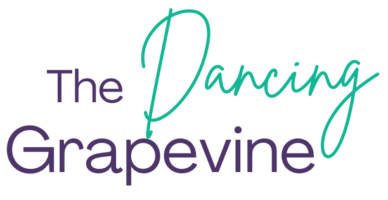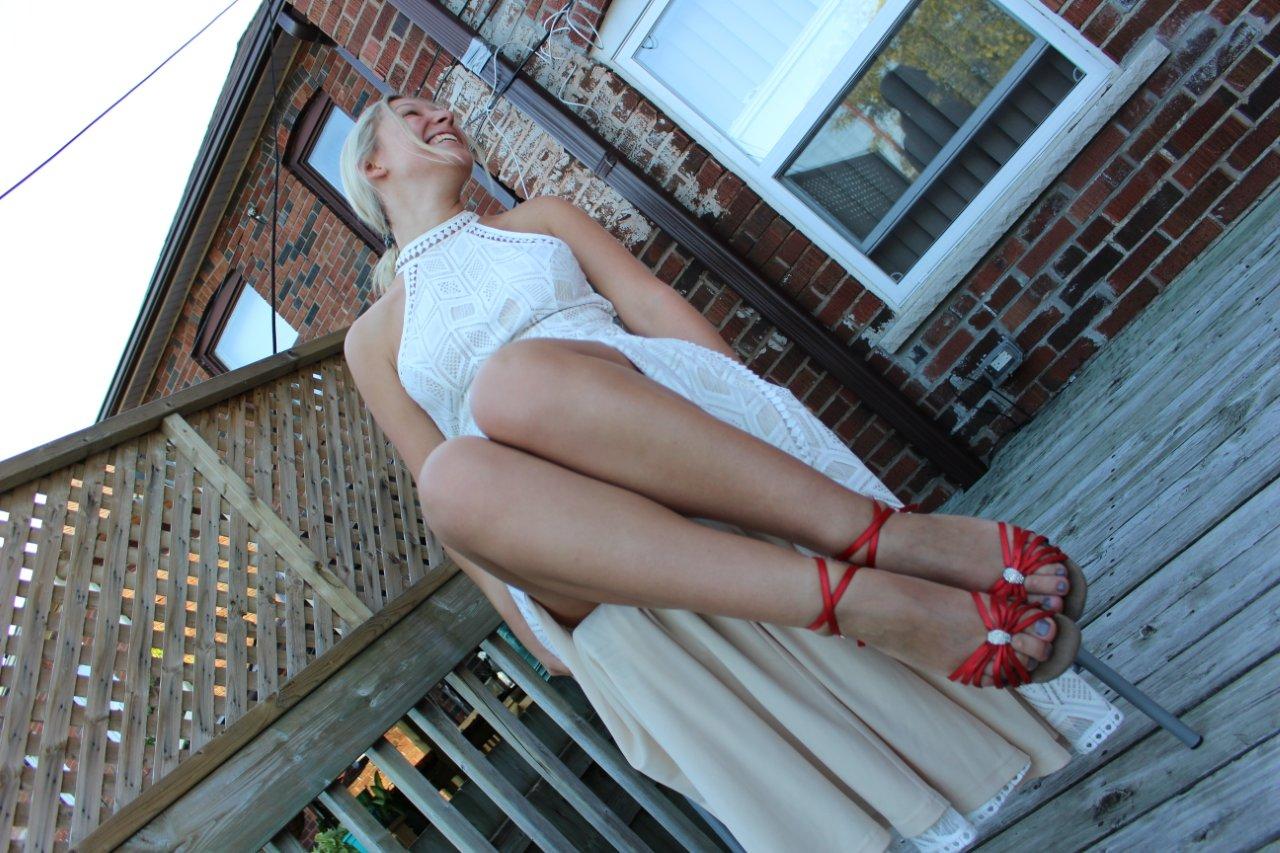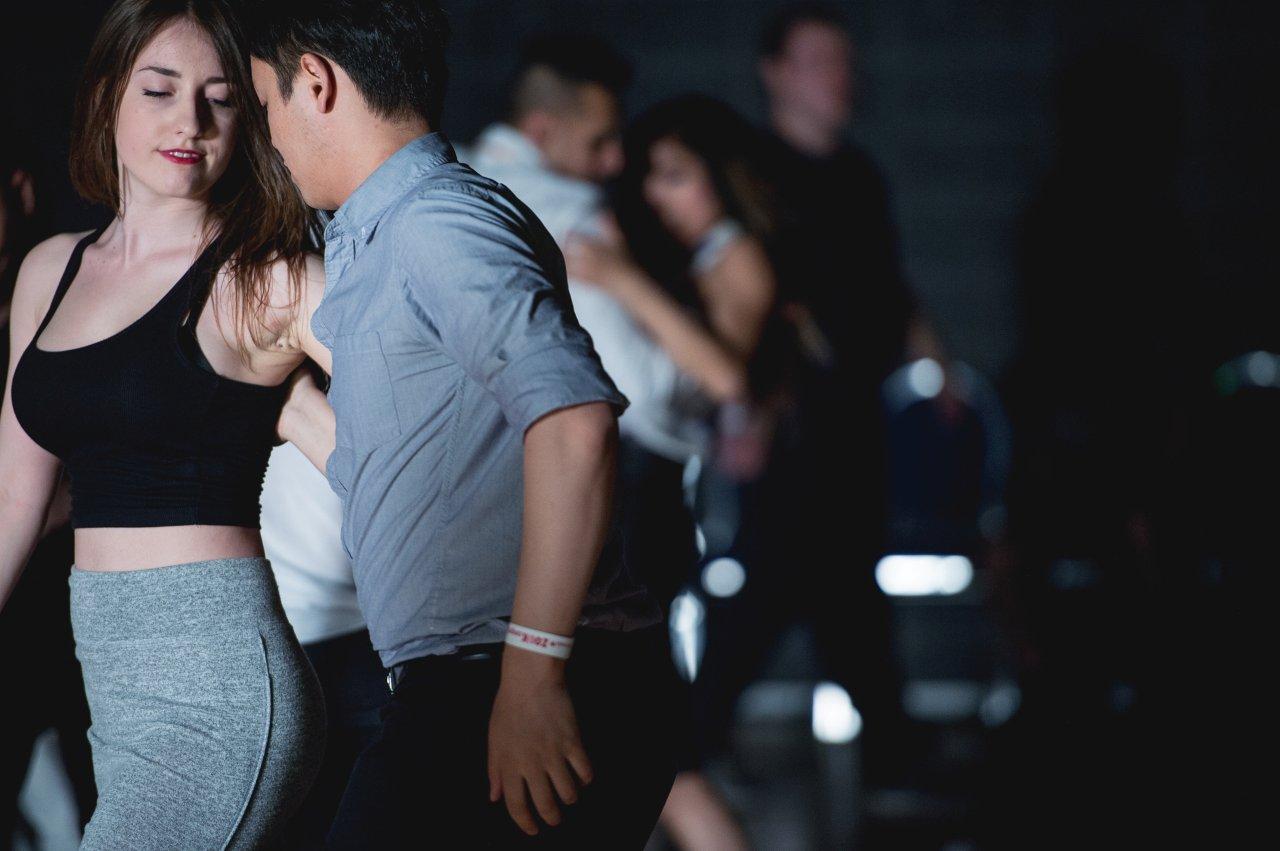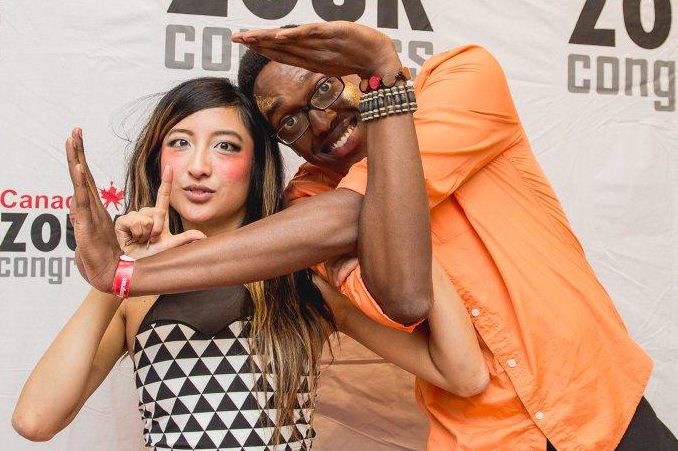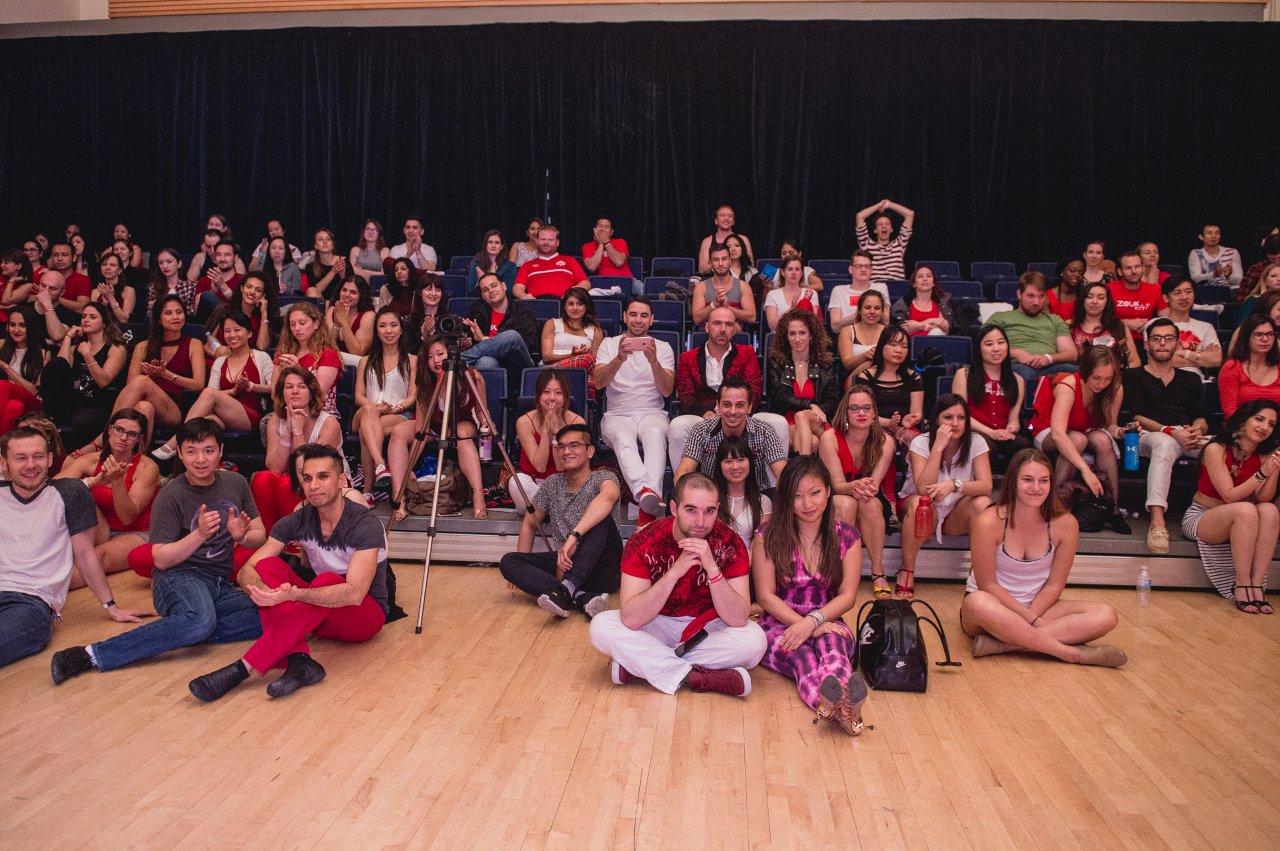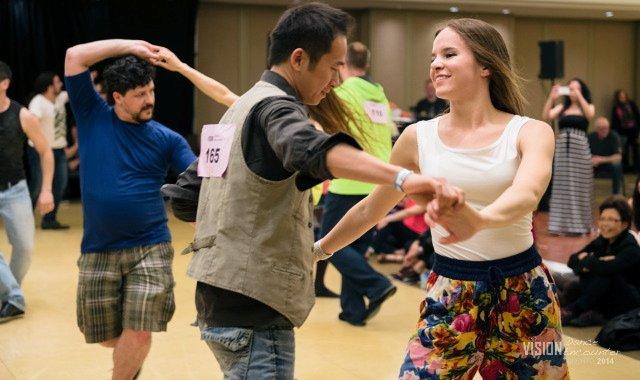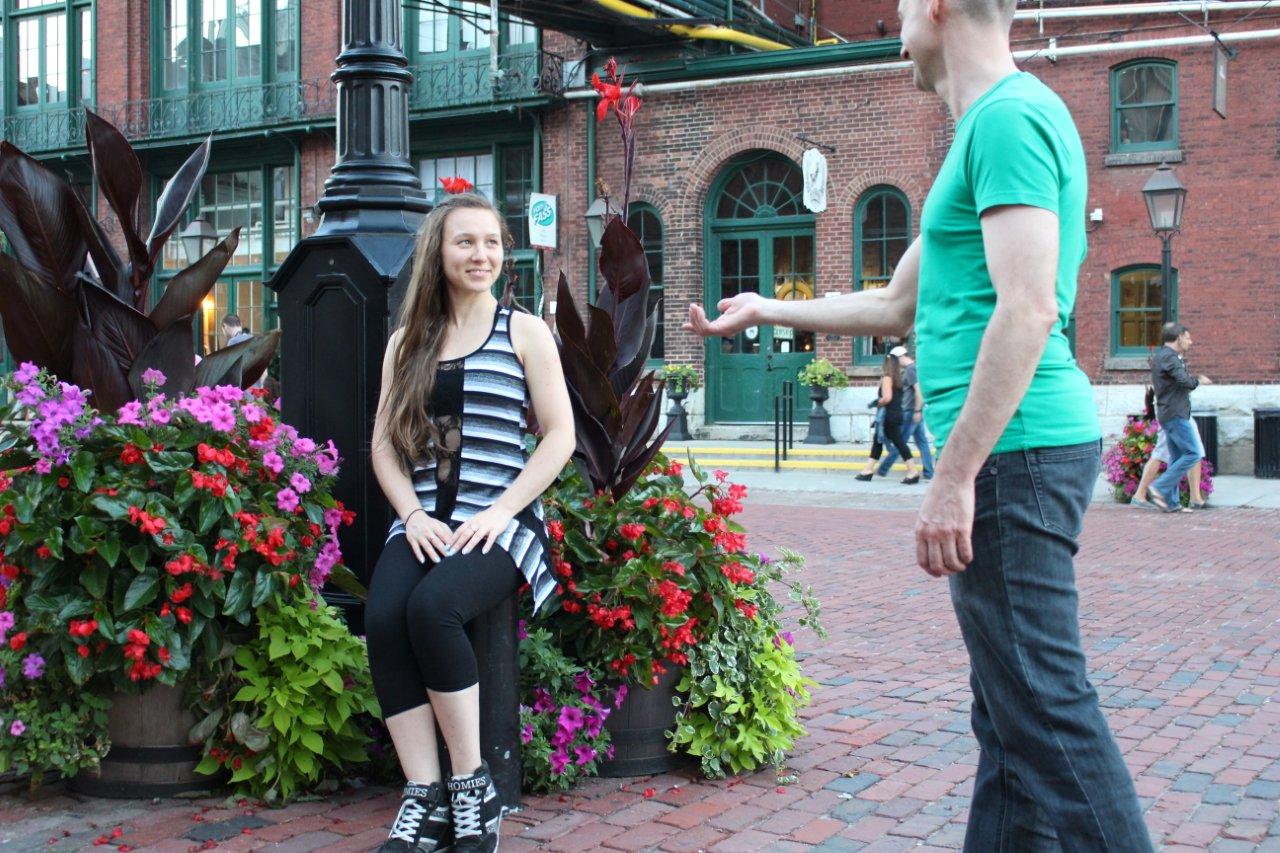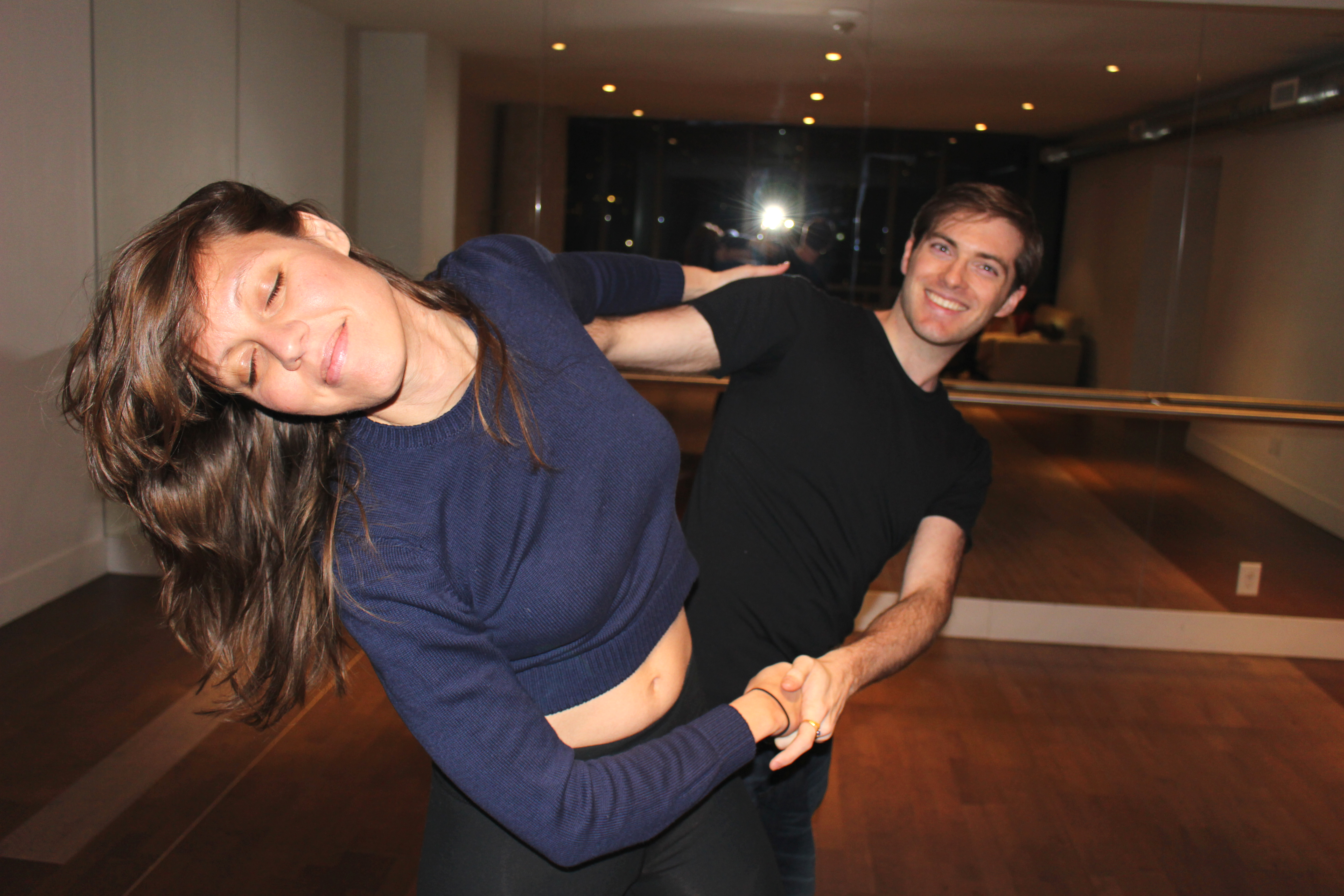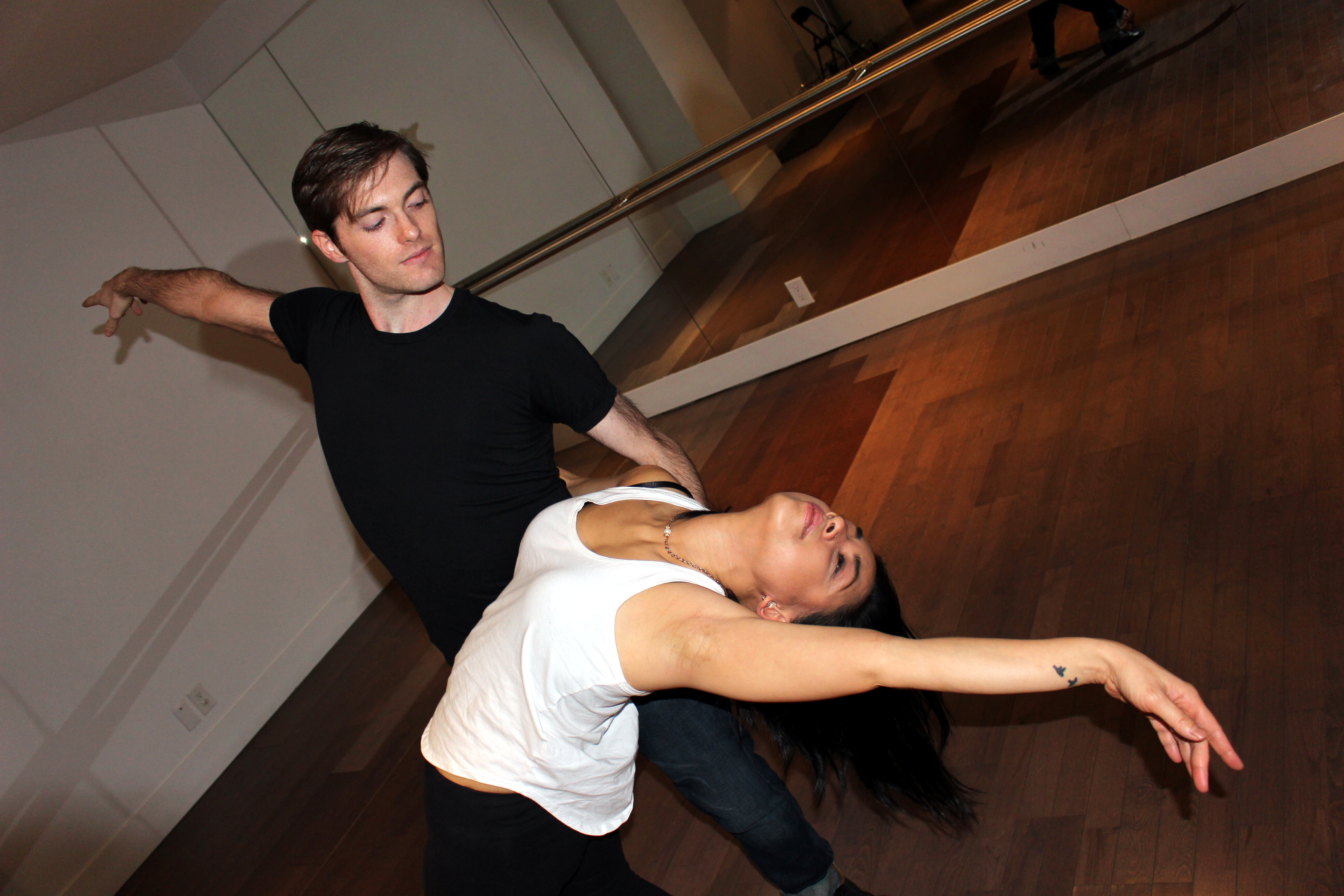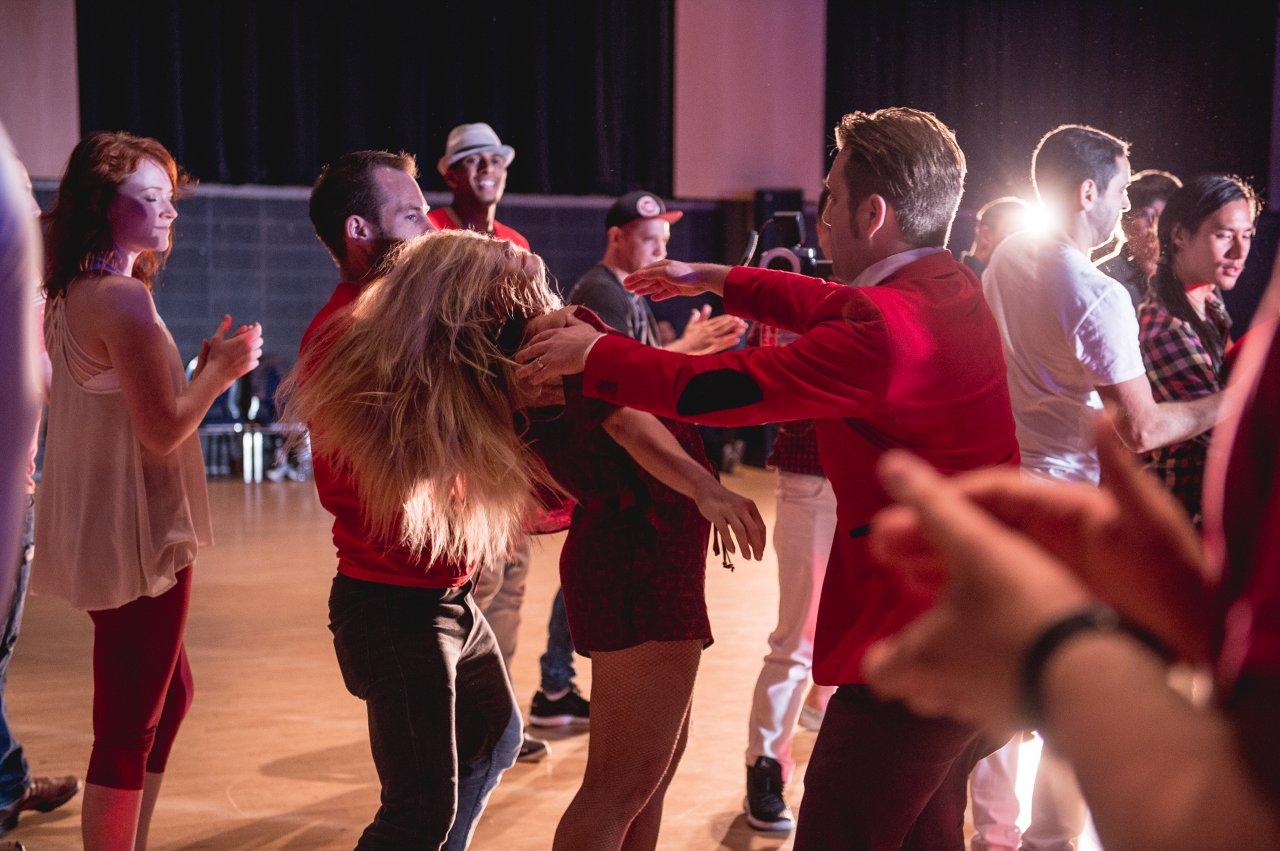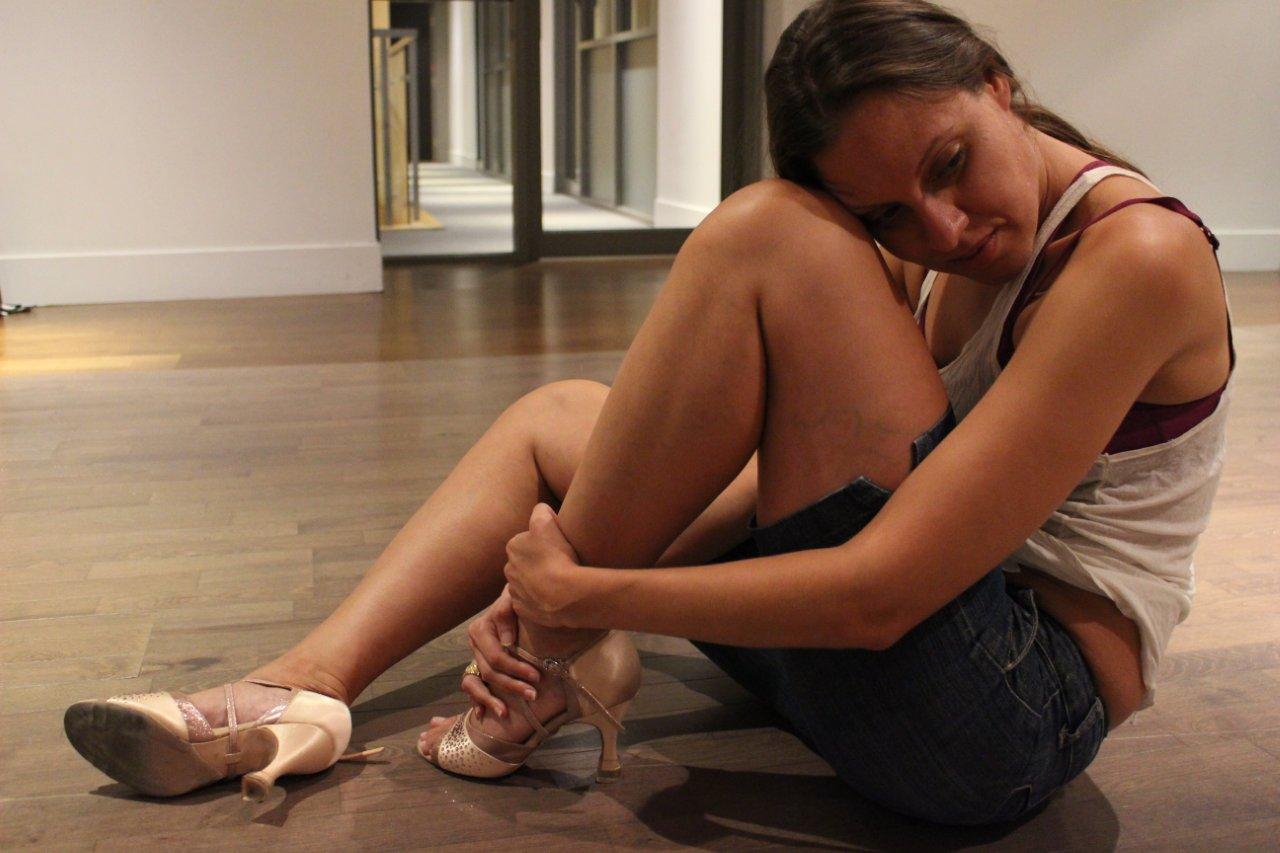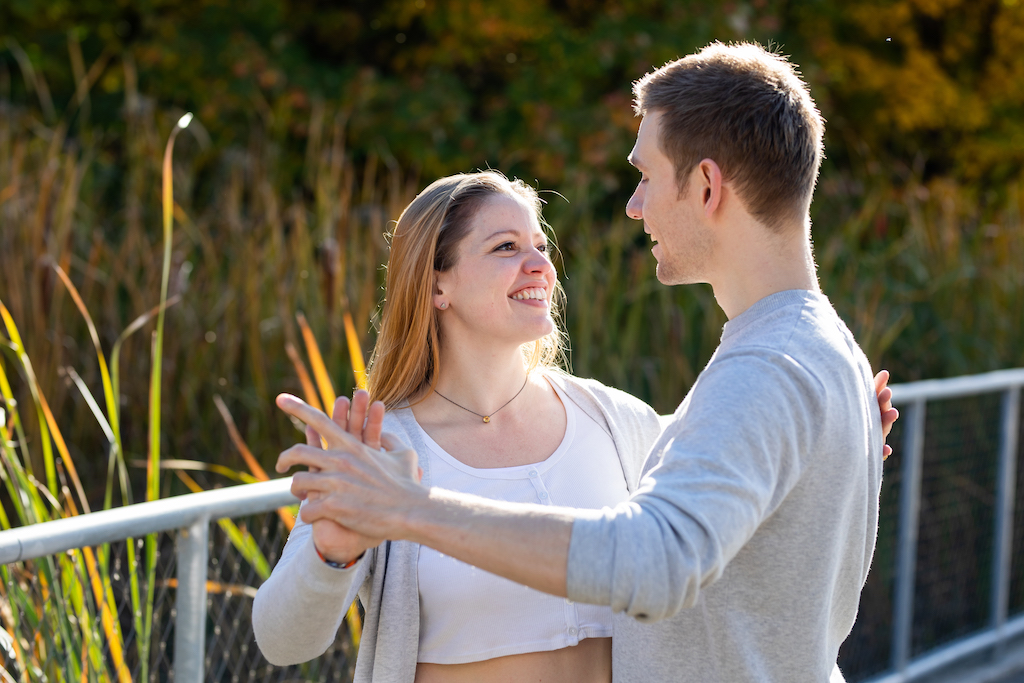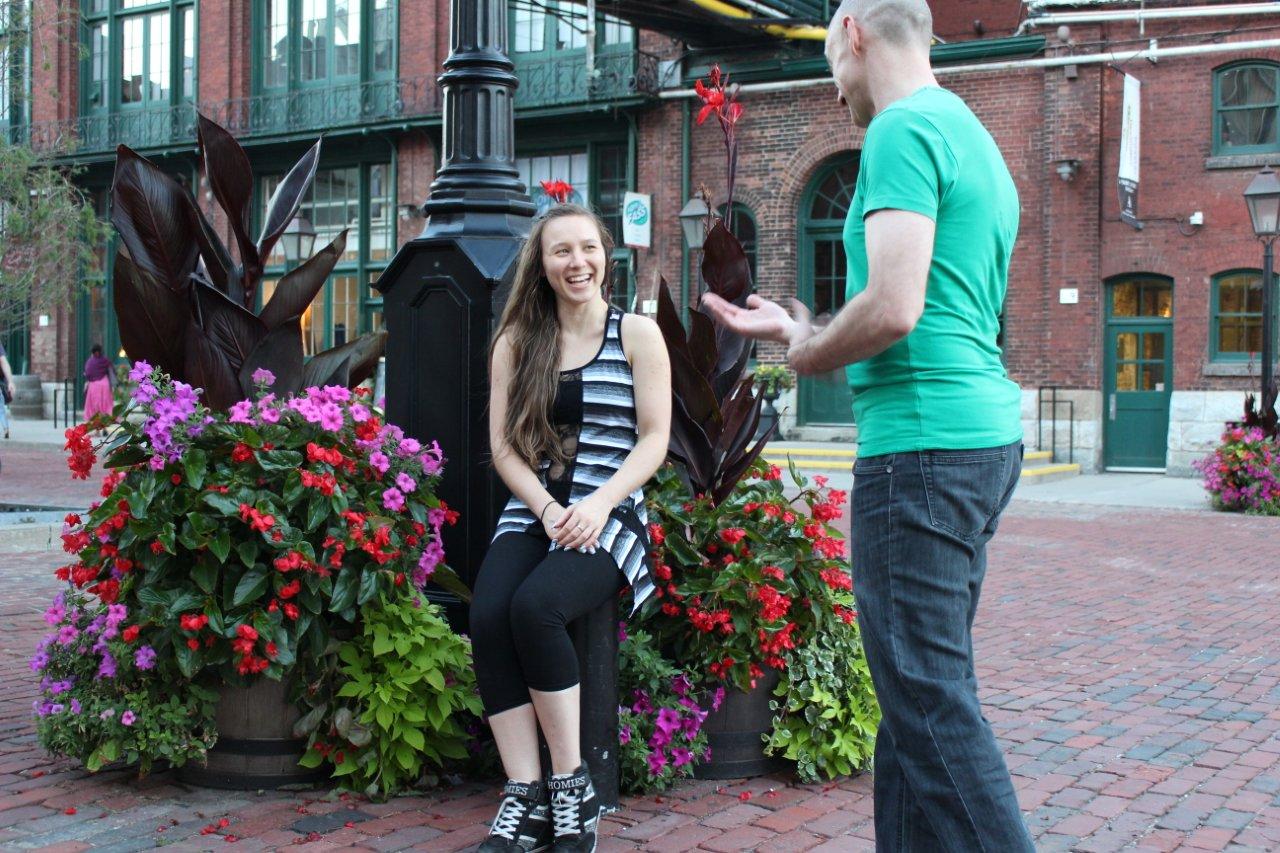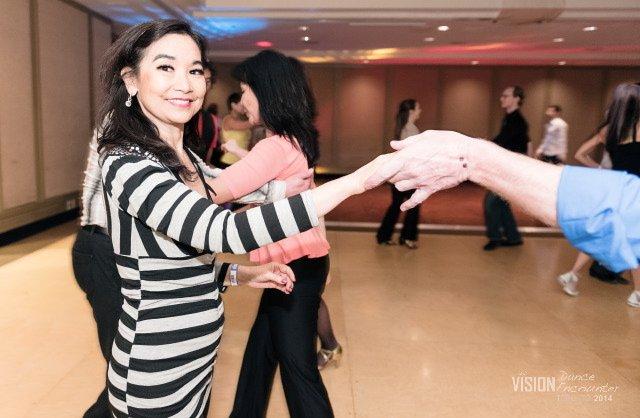We are used to paying cover to go social dancing, but for many people the concept of ‘paying for dances’ is both foreign and alarming. It is usually men who are ‘paid’ as a partner, and women who are paying. And, the practice is more frequent at large events than small socials. Paying for dances comes in several forms: taxi dancers, who are paid or given complimentary entrance/discounts to an event in exchange for social dancing; fundraiser dances, where pro’s are ‘tipped’ for a minute of social dance time and profits are donated to charity; dancer ‘rentals,’ where a high-level dancer is…
-
-
Dear Leaders, You’ve probably heard somewhere that if there’s a mistake, it’s always your fault. I want to tell you that this isn’t true. As a lead, you are supposed to compensate for a follow who is struggling. This might mean slowing down, changing the moves you use, or being more clear on what you would like. But, the fact that you’re supposed to compensate for your partner doesn’t make you at fault for every mistake that happens. Compensation is a great thing. But, there’s only a certain amount you can compensate for. For example, you can’t magically turn a…
-
Most of us don’t do much talking while we dance. But, social dancing does require at least some verbal communication. In this list, we cover 10 things you should avoid saying to your dance partners. 1. “This is how you do ______.” Except for very limited circumstances, stopping a dance to explain a concept to your partner is inappropriate. Even if you are a teacher who knows what you’re saying is true, it’s still almost always inappropriate. Avoid floor teaching wherever possible and you’ll improve the dance experience for everyone involved!. 2. “Oh baby… you’re so sexy in my arms.”…
-
It can be very hard to stay calm when you meet an arrogant dancer. Their “I’ve got this” and “I’m awesome” mentality can be grating for partners. Very often, arrogant dancers get conflated with dance snobs. But, I feel the two are different. Whereas snobs are consumed by how crappy everyone else is, arrogant dancers are generally preoccupied with keeping up their own reputation. The difference between dance snobs and some ‘arrogant’ dancers The dance snob tends to focus on why everyone else sucks. They may roll their eyes at beginners, accuse others of not working hard enough, and more. Their focus is on how…
-
Instructor Paralysis is when social dancers get so nervous about dancing with an instructor that they lose their ability to dance well. While this condition is most prolific when people dance with international instructors, it can occur with any dancer you perceive as stronger than you. It can also happen if it’s simply someone you really would like to impress. It’s similar to how awkward many of us get around a romantic crush. The big difference is that Instructor Paralysis happens with dance crushes instead. Symptoms Instructor Paralysis can manifest in different ways. Common symptoms include: Shaking or trembling Forgetting to step…
-
It’s been a while since I got a very hard, blunt ‘No’ from a dancer. This weekend, I got to re-experience one when I moved outside my normal genres. I approached a guy who was sitting next to the dance floor. I asked him to dance. He looked me dead in the eye and said “no.” Which is fine; he doesn’t owe me a dance. And, I have no reason to need an explanation for the ‘no’. But, the manner of this particular ‘no’ actually made me think it was sarcastic at first. He looked me dead in the eye with a scowl…
-
If you identify as an advanced dancer, remember that with great power comes great responsibility. (Yes, that’s incredibly corny. No, I don’t regret it.) When you become an advanced dancer, the superpower you gain is your awesome dance skills. You can use those skills to further your own pleasure and gain by holding them back from the newer dancers below you. Or, you can give those skills freely to the new dancers waiting to be inspired. “Waiting” to be inspired I say waiting to be inspired for a very specific reason: most newer dancers aren’t actually “inspired” by the dance…
-
In partner dance, we have two (typically) well-defined roles: leader and follower. Each of these roles has its own set of responsibilities. The leader is the director, who has a vision for what happens next. They create the requests, which are then processed by the follower. The follower interprets requests made by the leader, and implements the request. They create the vision the leader has set out. But, what if we blur these lines a bit? The Concept of Following while Leading The most sought-after leads have a very special quality: the ability to understand and interpret the responses given by…
-
Yesterday, I published an article about why some artists may not social dance all night at parties. Several dancers responded, and said they felt it was a near-mandatory part of an artist’s job because social dancers are their “employer”. Some also felt that it wasn’t an obligation, but not social dancing makes you a ‘dick’. Others stated that since it can be a highlight for attendees, artists should do it. I can understand where these feelings come from, but this is why I disagree with these ideas. “Social Dancers are the Artist’s Employer” Social dancers are not the employer. I know…
-
Many social dancers go to events for the opportunity to dance with their favourite pros. In some places, the most sought-after dancers can have a line-up of people waiting for their “3-5 minutes of heaven”. But, there are some pros who social dance very little – or seem to social dance ‘too much’ with other professionals. Are they breaking a rule? Should there be a ‘requirement’ or ‘expectation’ that a professional social dance as much as possible -and with everyone at an event? My answer? Usually, no. Which pros are we talking about? This article is primarily directed towards the ‘top tier’ of…
-
In many Western cultures, the idea of the 7 Deadly Sins is a common way we frame undesirable attributes. They capture habits that are easy to fall into – but may create havoc in our personal or professional lives. In dance, we have our own ‘Sins’ that can sabotage our dance experience. Some of them are primarily interpersonal problems; they affect our relationships and reputation. Others are primarily personal; they affect our own internal experience – and can even cause us to leave dance forever. Lust The dance sin of Lust is using social dancing solely as a mechanism to make…
-
In dancing, there are three stages where most dancers deal with deep feelings of frustration or apathy – and sometimes even leave the scene. Some dancers get stuck in these for a long time – while others may only spend a short time there. But, it’s rare to bypass a stage completely. I call these stages the three circles of Hell for dancers: Beginner’s Hell Plateau Purgatory Snob Inferno Circle 1: Beginner’s Hell Beginner’s Hell is what happens when you first start learning a dance – but nothing quite works yet. It’s also the only hell a dancer will always encounter each time…
-
Most of us have heard about the five ‘love languages’, when applied to our interpersonal relationships. Some people prefer loving words, while others prefer giving and receiving gifts. Some like actions that show love, and others like physical touch. Some just like the person they care about to be present and engaged. This got me thinking: maybe there’s ‘love languages’ in dance. Maybe part of what makes us connect with certain partners comes down to what connects best with us. TDG Note: Article updated in Jan 2021 with quizzes and additional details. The Dance Love Languages Just like the original love…
-
“In a culture of isolation, be the invitation to everything.” – Vera de Chalambert* As dancers, we know the meaning of an invitation. Or rather, we think we do. We invite each other to dance. Leaders invite followers into patterns and movements. Dancers invite each other into a connection and embrace. But, beyond the invitations we give our dancers in the context of the dance-relationship, are we truly inviting them in? Anonymous Dancers We usually think that if we know someone’s name they are no longer anonymous. But, a name is not the only indicator of anonymity. Anonymity in its broadest sense is tied to a lack…
-
“Words are inadequate, this is why we dance” – Unknown Ah, partner dancing: the communication between two bodies to music. It transcends the individual and words. I really dislike talking while dancing. It prevents me from hearing the music and takes me out of the moment. I don’t even really like talking before or after dancing. Those 10-second chit-chats in between dances drain my energy. I’d much rather have a deep conversation with two friends over dinner than talk about the next workshop before the next dance starts. Even so, I’m here to encourage you to talk more. I think…
